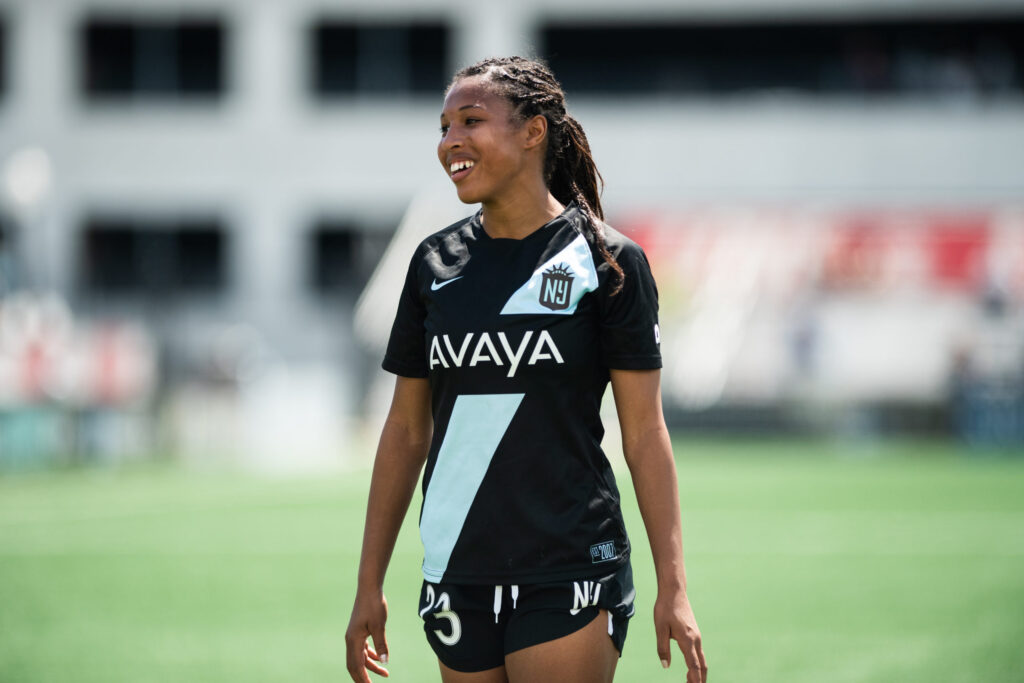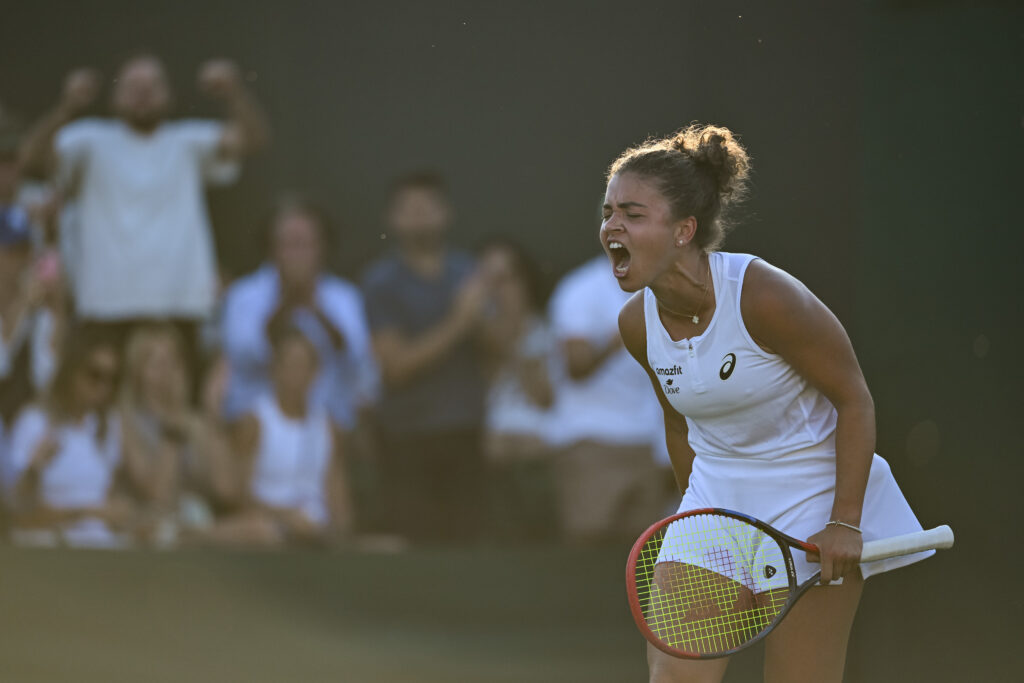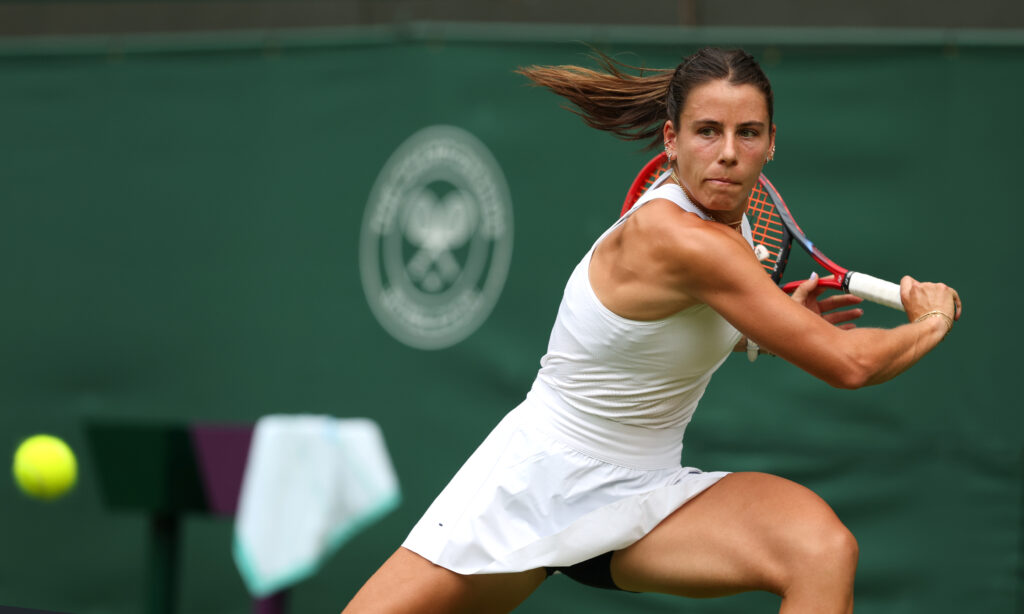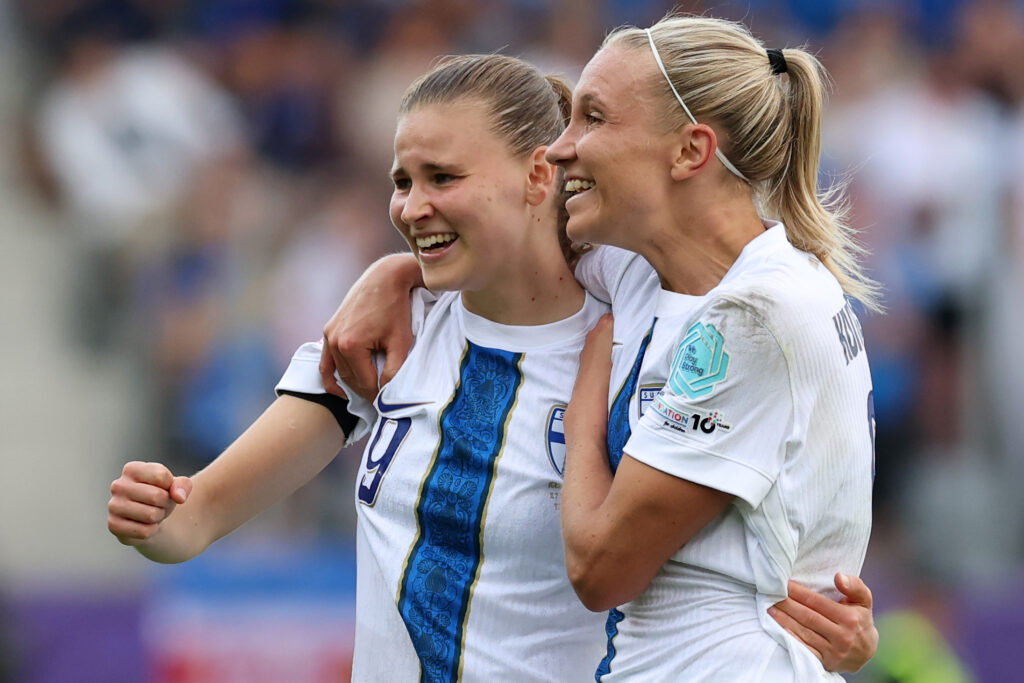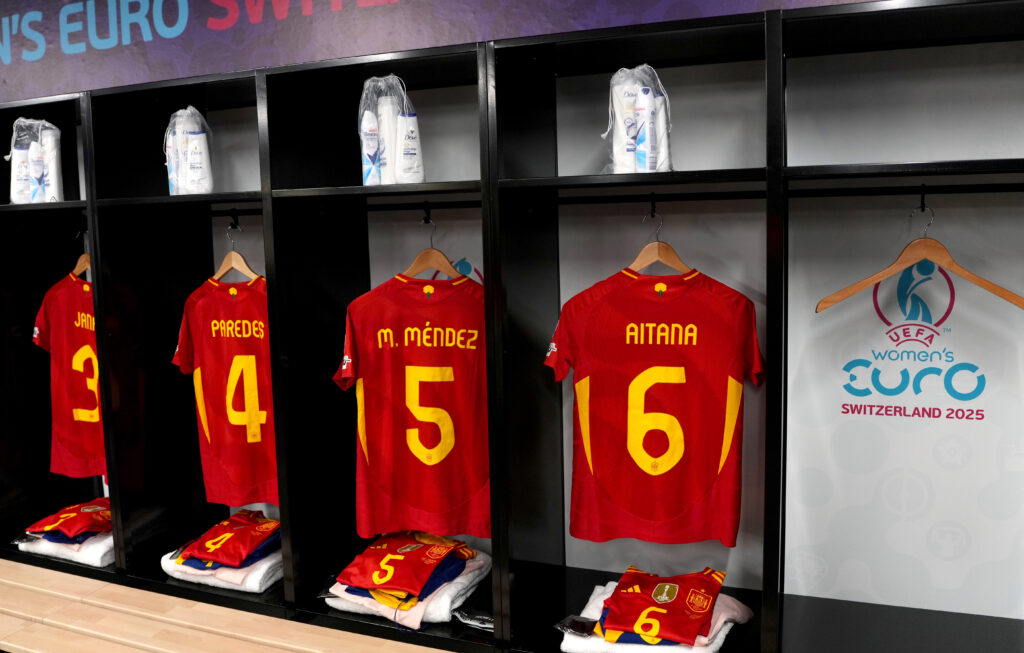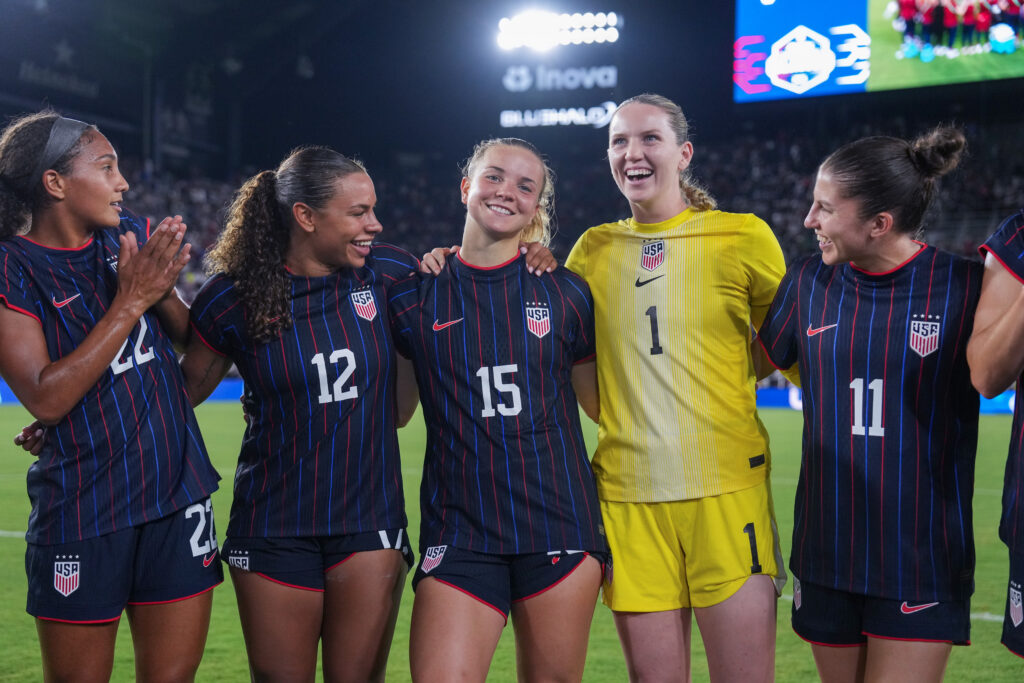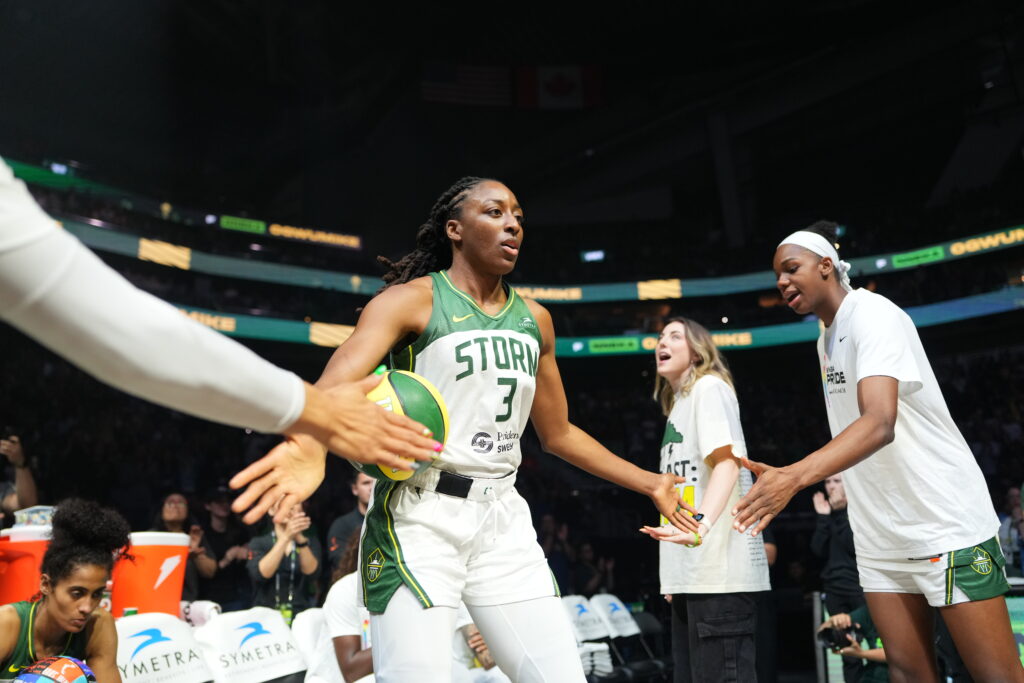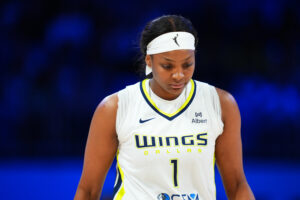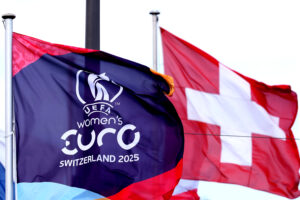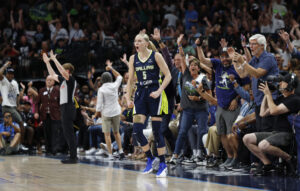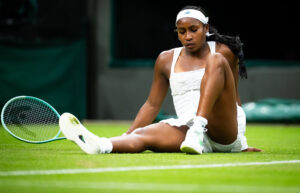The Black Women’s Player Collective is transforming the NWSL, with an expressed mission to elevate the image, value, and representation of Black women and athletes. Made up of the 43 Black women competing in the NWSL, the BWPC has worked to address the racial and social inequality present in the league and beyond since its 2020 inception.
Margaret “Midge” Purce, the Executive Director of the BWPC, stopped by the Just Women’s Sports podcast Snacks to talk with Sam Mewis and Lynn Williams about the collective’s origin story.
“The BWPC was born out of the Challenge Cup in 2020, when there were a lot of protests going on about Breonna Taylor and George Floyd, and the NWSL was in a bubble at the Challenge Cup,” Purce says.
The organization, however, wasn’t created in direct response to the protests across the nation, but rather the NWSL’s response to the national reckoning around race.
Purce recalls all the teams being in an “extremely tumultuous, stressful, overwhelming place” as people were “deciding whether or not they felt comfortable with kneeling during the anthem.”
“Truthfully, the protests didn’t spark these, in my experience, and when I was speaking to people — it was really the question of kneeling that made people sit down and have conversations about race and their decision during the anthem and why they felt so staunch in their decision as well.”
.@100Purcent explains how kneeling on the field sparked important conversations within the NWSL and led to the creation of the @BWP_Collective.
— Just Women’s Sports (@justwsports) October 19, 2021
Learn more about the Black Women's Player Collective, here: https://t.co/9W2nC4yHdT pic.twitter.com/uUi0h1vCFT
Williams and Purce both remember one particular conversation during the 2020 Challenge Cup about how difficult the tournament’s bubble was with no fans, relentless summer heat, less-than-ideal food, and rigidly enforced isolation.
“I think all the conversations and the responsibility that the Black players on all the teams were being given and delegated to explain the dynamic of race in America, and then their experiences, their challenges, and their privileges — it became a lot,” Purce says.
The breaking point for Purce and many of the other Black players in the league was the NWSL’s response to the conversations around kneeling and the national protests.
“The NWSL — they kind of put the nail in the coffin, and they put out a statement that said that all the Black players were feeling great and supported and everything was like peachy keen. And that was kind of the point where we were like, ‘alright this is not great but you’re not going to speak for us,’ and that’s when we kind of just really galvanized everyone and we got together and we were like, let’s create our own voice.”
Williams echoes Purce, saying: “We were trying to play soccer to the best of our ability, in a pandemic, but then at the same time having all these really hard race conversations and trying to explain to our teammates why it was important to us to kneel.
“The moment that the league put out the statement that we [Black players] were all feeling supported, when we had been talking behind closed doors about how we are not feeling support, was definitely the turning point.”
Purce says the mission of the BWPC from the start was “not to attack” or “ostracize” anyone, but to ensure that “what we are thinking and our sentiments are accurately expressed to the public.”
Listen to the full conversation with Midge Purce here.
